Mr. Csaba Kőrösi is President of the 77th session of the United Nations General Assembly. Photo: UN
Debate on veto
Before adopting three draft resolutions on infrastructure connectivity, voluntary national assessments and cooperation with the Council of Europe, the General Assembly held its first formal debate on the use of the veto in the Security Council. Speakers discussed the impact of the new transparency and accountability mechanism – enabled by resolution 76/262 – and its role in promoting the General Assembly’s mandate and gaining legitimacy in the use of the veto.
Csaba Kőrösi (Hungary), President of the General Assembly, recalled the historic 2022 resolution and stressed: “We are here to find the best ways to harness this new tool.” Urging member states to use the debate creatively and constructively by asking tough questions and looking for game-changing solutions, he stressed that the veto must always be a last resort. He encouraged delegations to go beyond short-term interests and act responsibly to rebuild trust in the organization, adding: “Dare to be bold. Dare to bring about change.”
In that spirit, the representative of France, a permanent member of the Security Council, proposed that all five permanent members voluntarily and collectively suspend the use of the veto in cases of mass atrocities. Pointing out that her country, France, had used the veto only 18 times since 1945 and had not used it at all in the past 30 years, she remarked that such a step was based on political commitment and did not require amending the UN Charter.
The US delegate also said that his delegation was committed to refraining from using the veto except in exceptional and rare circumstances. He added that the ability to convene the General Assembly whenever a veto is invoked - provided for by resolution 76/262 - was an important step towards accountability and transparency.
Many expressed support for the Franco-Mexican initiative that would limit the veto in cases of mass atrocities and stressed the importance of Article 27(3) of the Charter, which states that a party to a dispute shall not vote.
Meanwhile, Ireland's representative recalled its recent presidency of the Security Council, arguing that the veto not only prevented Council action in many global crises, but it was also a tool used at some point to respond geopolitically.
Similarly, the Italian delegate commented that the veto was “anachronistic”, and argued that although it had a specific historical context, it clearly contradicted the principle of sovereign equality between states.
Several delegates echoed this sentiment, with India’s delegate pointing out that such an approach would perpetuate the mindset of World War II. “Either all countries should be treated equally in terms of voting rights, or the new permanent members should also be given veto rights,” he said, a sentiment echoed by several delegations who have called for an expansion of the veto.
However, there were also calls for limiting this power, including the representative of Ecuador. Emphasizing the outdated nature of the veto, he said that its use had not led to a safer world. Therefore, that power should not be extended to other members of the Security Council. Instead, the focus should be on limiting its use…
Illustration photo.
Through some resolutions
Following the debate, the General Assembly adopted three draft resolutions, including one on “Building global resilience and promoting sustainable development through regional and interregional infrastructure connectivity” and one on “Strengthening Voluntary National Assessments through Country-led Assessments” which were adopted without a vote; the draft on “Cooperation between the United Nations and the Council of Europe” which was adopted by a vote.
According to a statement posted on the official website of the United Nations, at the 69th plenary session of the 77th session of the United Nations General Assembly on April 26, Mr. Jörundur Valtýsson - Permanent Representative of Iceland to the United Nations, presented a draft resolution "Cooperation between the United Nations and the Council of Europe" (document A/77/L.65), affirming that the cooperation between the two institutions is characterized by a long tradition and a common vision of promoting and protecting human rights. He noted that, on the basis of the previously agreed text from resolution A/75/264 - which was unanimously adopted in 2021 - member states have reached compromises on a number of issues. However, no consensus was reached on paragraph 9 of the preamble, which calls for enhanced cooperation between the two international organizations, “in particular with a view to the rapid restoration and maintenance of peace and security based on respect for the sovereignty, territorial integrity and political independence of all states.”
In a statement explaining his position before the vote, the representative of the Russian Federation said that his delegation could not support the draft resolution in its current form because paragraph 9 of the preamble was unrelated to the subject of the text and was highly politicized in nature. Such politicization was evidence of the willingness of Western countries to undermine the influence of regional organizations and to cause an avoidable rift in the General Assembly. He therefore called on all responsible members of the international community to vote against the inclusion of the above paragraph in the draft resolution.
Meanwhile, the representative of Venezuela also expressed regret that the draft countries of “L.65” chose to include elements that lack consensus, which could lead to further tensions and divisions. She called on responsible members of the international community to stop this approach, expressing the hope that when the issue returns to the General Assembly agenda in 2025, the text’s proponents will resume good-faith negotiations to build unity in the General Assembly.
The text of the ninth paragraph of the draft resolution reads as follows: “Also recognizing the unprecedented challenges facing Europe following the Russian Federation’s aggression against Ukraine, and earlier against Georgia, and the termination of the Russian Federation’s membership in the Council of Europe, calls for enhanced cooperation between the United Nations and the Council of Europe, in particular to promptly restore and maintain peace and security based on respect for the sovereignty, territorial integrity and political independence of any State, ensure compliance with human rights and international humanitarian law in times of hostilities, provide redress for victims and bring all those responsible for violations of international law to justice…”
According to some opinions, the name of this Resolution is “Cooperation between the United Nations and the Council of Europe”, so the situation in Ukraine is not the focus, and is only mentioned in the ninth paragraph of the preamble as above. Besides, it should be noted that the resolution only “acknowledges” that this has created “unprecedented challenges”.
In fact, during the debate on this resolution, there were two votes. One was to determine whether to include paragraph 9 in the resolution. The result was 81 votes in favor, 10 against (Central African Republic, Cuba, Democratic People's Republic of Korea, Eritrea, Iran, Nicaragua, Russian Federation, Sudan, Syria), and 48 abstentions.
The result of the vote on whether or not to include paragraph 9 in the resolution.
The session continued to vote on the entire draft resolution “L.65”. As a result, the General Assembly adopted it with 122 votes in favor, 5 votes against (Belarus, Democratic People's Republic of Korea, Nicaragua, Russian Federation and Syria), and 18 abstentions.
Results of the vote on the full resolution on Cooperation between the United Nations and the Council of Europe.
The source also said that during its terms, the General Assembly has always encouraged the United Nations and the Council of Europe to strengthen cooperation at all levels to effectively address a wide range of issues, including the Covid-19 health crisis, promoting democracy and the rule of law, preventing torture, combating terrorism, human trafficking, gender-based violence and sexual violence, promoting freedom of expression and thought and promoting gender equality. Among other things, the General Assembly invited the Secretaries-General of the United Nations and the Council of Europe to work together to find answers to global challenges, and called on all relevant United Nations agencies to support enhanced cooperation with the Council of Europe as provided for in relevant resolutions.
In a statement explaining his position after the vote, the representative of Cuba said he could not support the draft resolution because of the divisive content of the introduction. Noting that a divisive vote does not promote cooperation, he expressed hope for a consensus text that would set aside controversial issues that should be discussed in another space.
The representative of Mexico explained that his Government had voted in favour of “L.65” because it believed in the importance of cooperation between the Organization and regional entities. Although Mexico has been an active participant in the Council of Europe deliberations as an Observer State since 1999, his country had abstained on preamble paragraph 9 because the situations in Ukraine and Georgia were not within the scope of cooperation. He also expressed regret that the core content of the text had been overlooked and reiterated his call to avoid inclusion of external issues.
Regarding paragraph 9 of the preamble to “L.65”, the representative of Iran also reiterated his delegation’s position regarding the ongoing conflict in Ukraine. Disputes must be resolved peacefully in accordance with international law, with full respect for the sovereignty and territorial integrity of all states. He said that since the inclusion of such a paragraph was outside the scope of the resolution and lacked fairness, his delegation abstained from voting on the entire draft resolution.
The representative of Senegal expressed disagreement with the use of certain terms in some paragraphs of the draft resolution.
The representative of Hungary said that the language in paragraph 17 referring to the Council of Europe Convention on Preventing and Combating Violence against Women and Domestic Violence cannot be interpreted as a commitment by States to sign that instrument if they have not already done so. She stressed that it is government action – not ratification of a treaty – that addresses the issue of violence against women, adding that Hungary cannot support calls to sign or ratify the Convention.
Source BNA
Source link


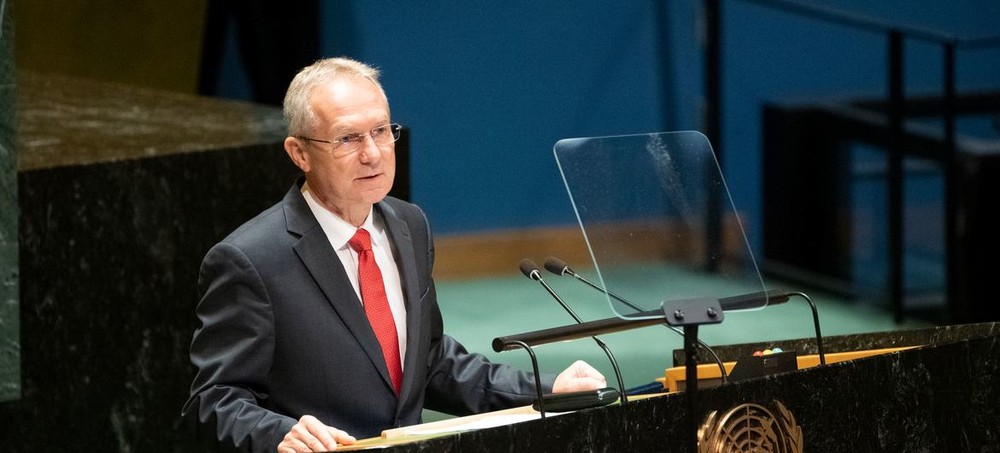

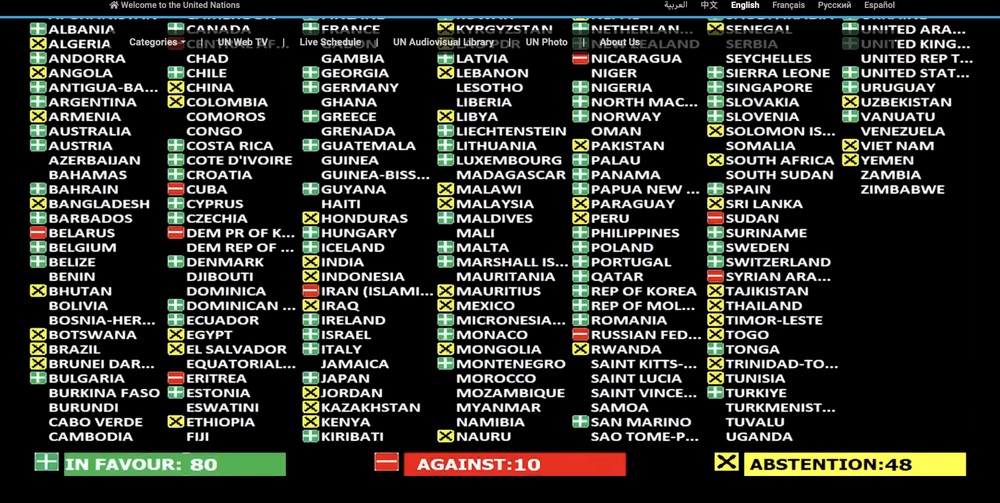
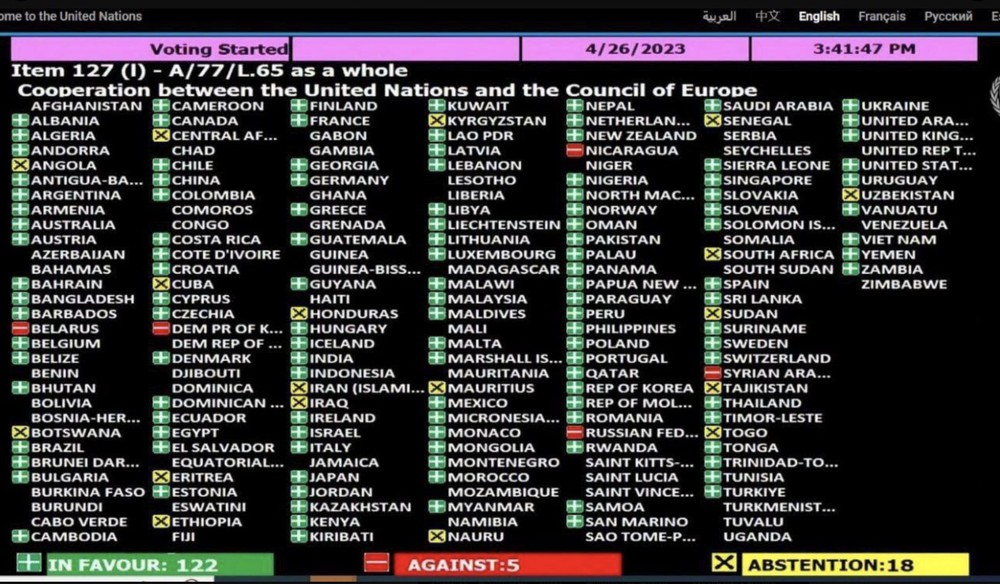
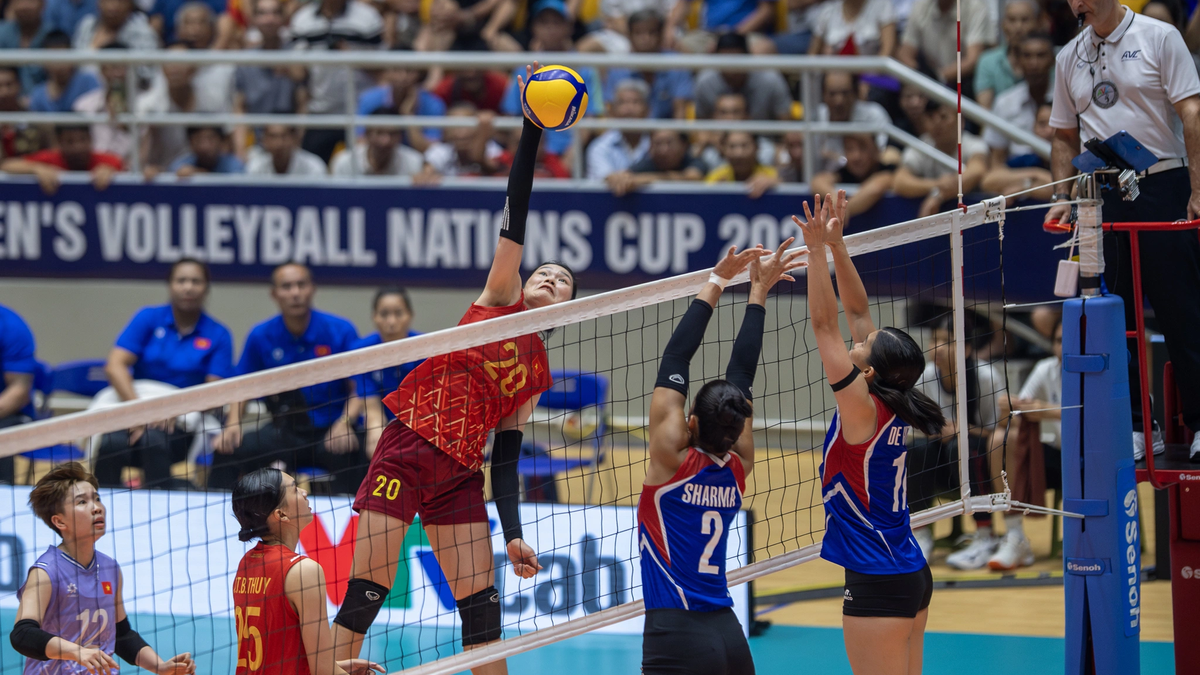





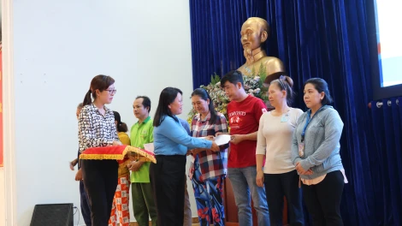


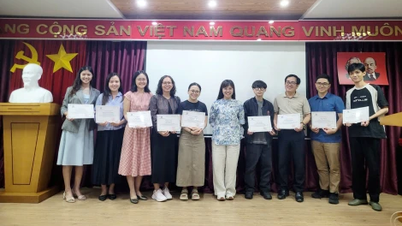

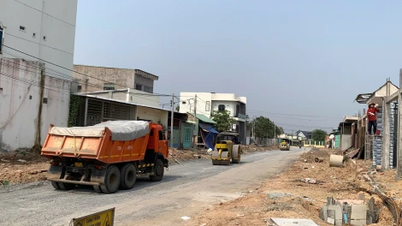




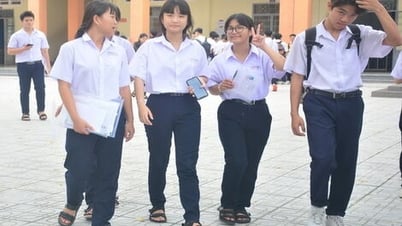
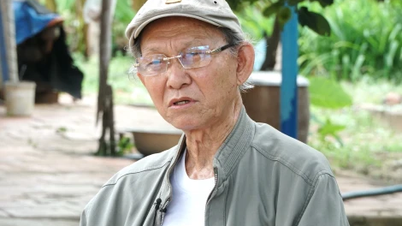
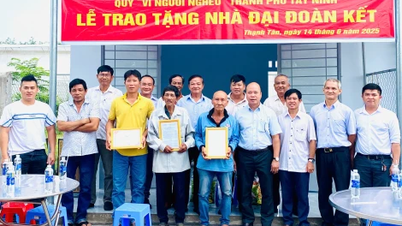
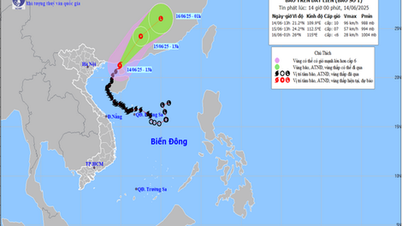

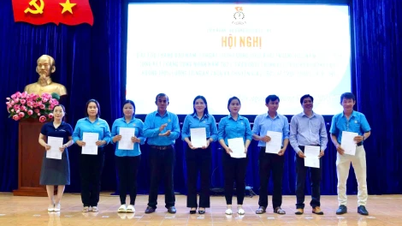
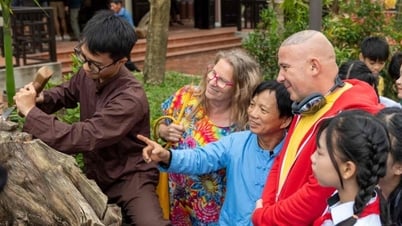

















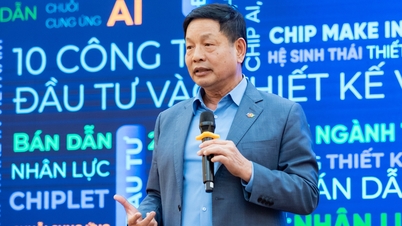












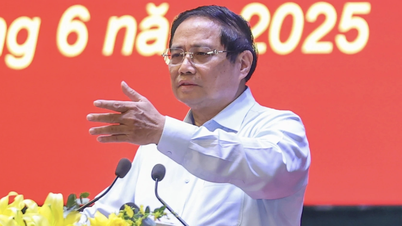

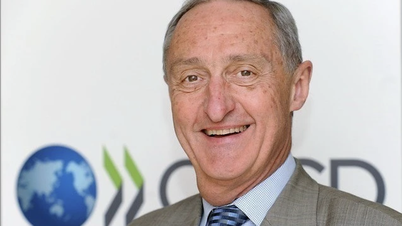

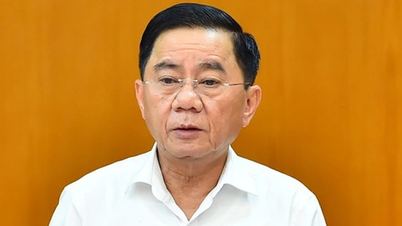




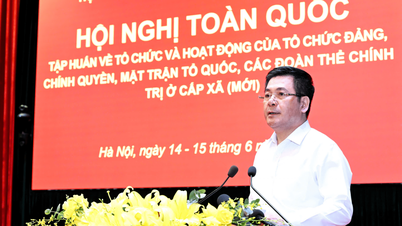


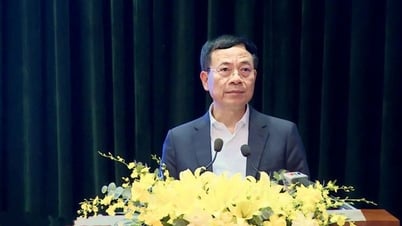








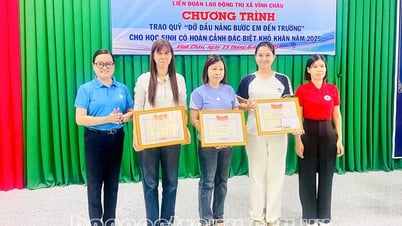















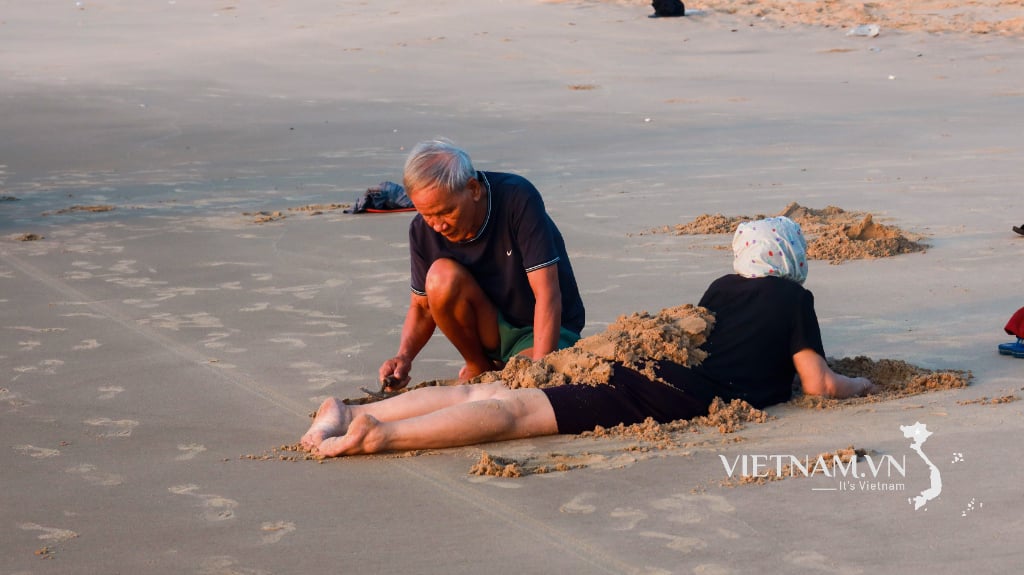
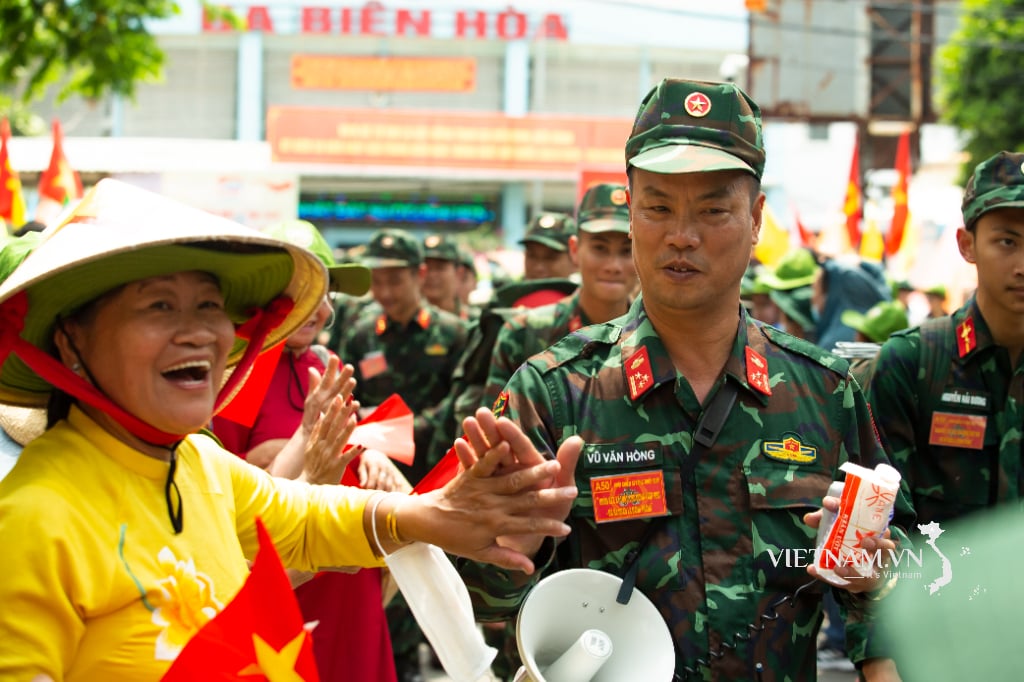


Comment (0)